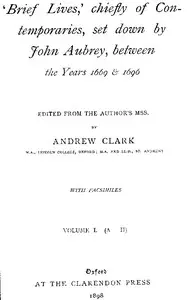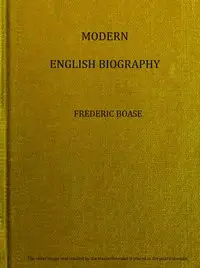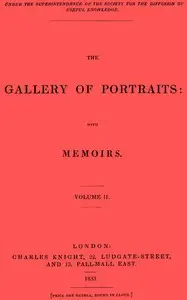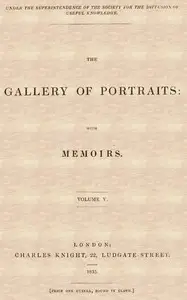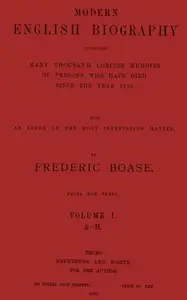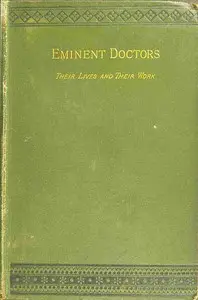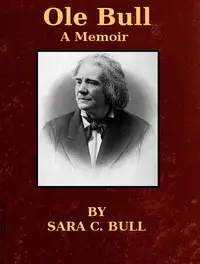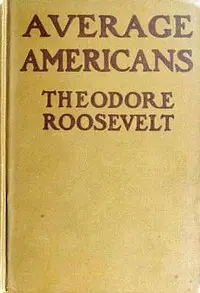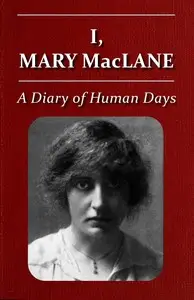"Brief Lives, Vol. 2" by John Aubrey is a compilation of concise life stories about important people from the 1600s. These stories, put together after Aubrey's death, give us a peek into the lives, accomplishments, and unique traits of many historical figures. It offers a captivating look into impactful individuals from England’s past, emphasizing their personal stories and the world they lived in. The collection starts with a variety of short biographies featuring people from different walks of life, like inventors, doctors, poets, and politicians. Aubrey's writing style focuses on both what these people achieved and their individual quirks and stories. For instance, the book tells about Ingelbert, who created an important water system for London, and Henry Isaacson, a smart man who worked for a bishop. These interesting stories draw readers into the social and historical world of the time, balancing historical importance with personal storytelling.
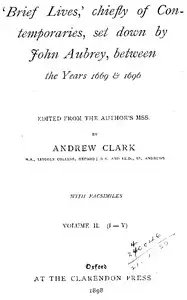
Brief Lives, Vol. 2
By John Aubrey
Discover a world of influential figures through short, engaging stories that reveal their achievements and eccentricities in 17th-century England.
Summary
About the AuthorJohn Aubrey was an English antiquary, natural philosopher and writer. He was a pioneer archaeologist, who recorded numerous megalithic and other field monuments in southern England, and who is particularly noted for his systematic examination of the Avebury henge monument. The Aubrey holes at Stonehenge are named after him, although there is considerable doubt as to whether the holes that he observed are those that currently bear the name. He was also a pioneer folklorist, collecting together a miscellany of material on customs, traditions and beliefs under the title "Remaines of Gentilisme and Judaisme". He set out to compile county histories of both Wiltshire and Surrey, although both projects remained unfinished. His "Interpretation of Villare Anglicanum" was the first attempt to compile a full-length study of English place-names. He had wider interests in applied mathematics and astronomy, and was friendly with many of the greatest scientists of the day.
John Aubrey was an English antiquary, natural philosopher and writer. He was a pioneer archaeologist, who recorded numerous megalithic and other field monuments in southern England, and who is particularly noted for his systematic examination of the Avebury henge monument. The Aubrey holes at Stonehenge are named after him, although there is considerable doubt as to whether the holes that he observed are those that currently bear the name. He was also a pioneer folklorist, collecting together a miscellany of material on customs, traditions and beliefs under the title "Remaines of Gentilisme and Judaisme". He set out to compile county histories of both Wiltshire and Surrey, although both projects remained unfinished. His "Interpretation of Villare Anglicanum" was the first attempt to compile a full-length study of English place-names. He had wider interests in applied mathematics and astronomy, and was friendly with many of the greatest scientists of the day.

